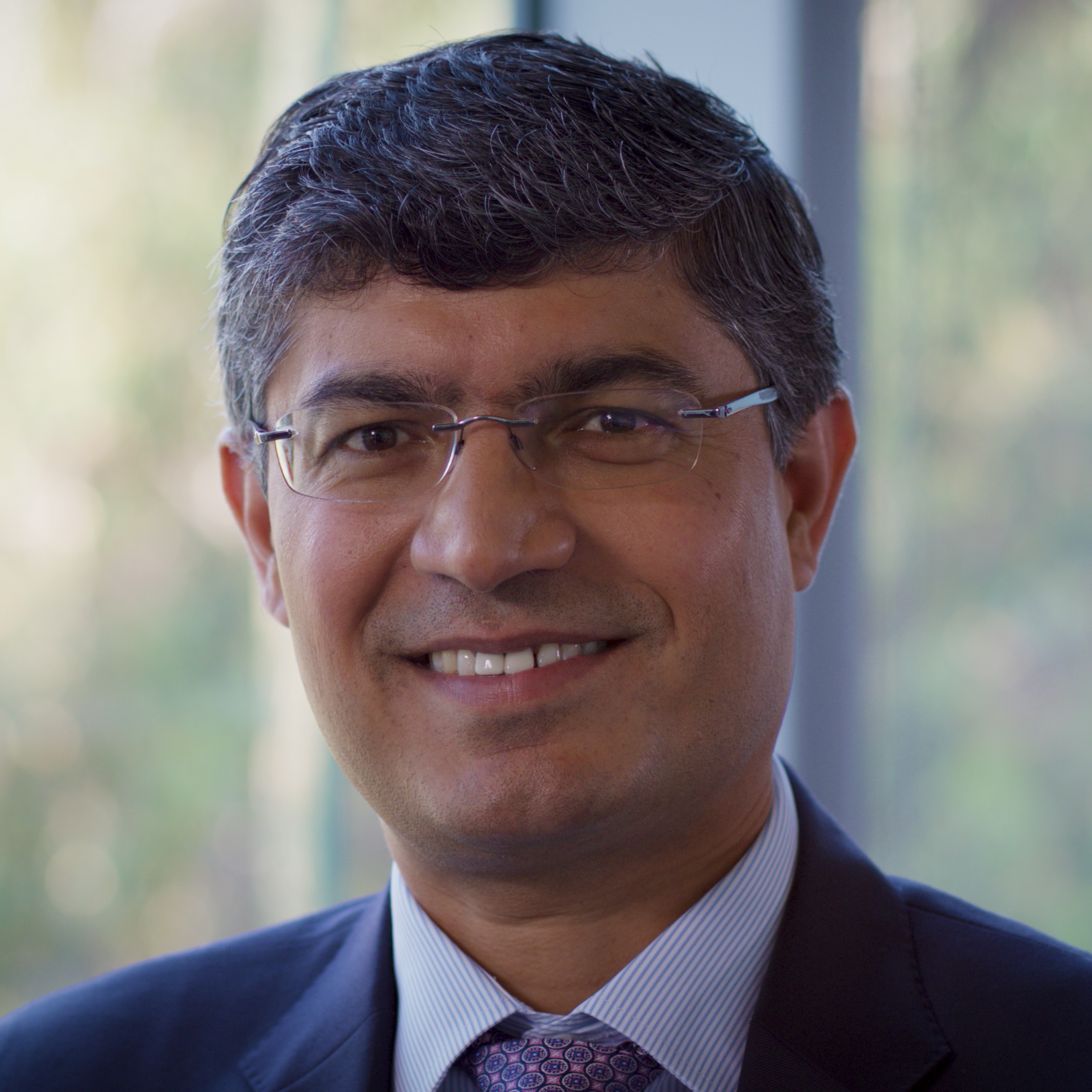Article
Dabigatran Improves Cardiovascular Outcomes After Noncardiac Surgery
Author(s):
Patients treated with dabigatran following myocardial injury after noncardiac surgery were 20% less likely to die of a cardiovascular cause.

PJ Devereaux, MD, PhD
Canadian researchers studying patients with myocardial injury after noncardiac surgery found that the blood-thinning drug dabigatran significantly improved a variety of cardiovascular outcomes.
Annually, about 8 million people develop myocardial injury after noncardiac surgery (MINS) following a noncardiac surgery, such as hip or knee replacement, bowel resection, or abdominal aortic aneurysm repair.
In the first randomized controlled trial to assess a treatment for MINS, patients treated with dabigatran twice daily were 28% less likely to die, have a heart attack or stroke, develop blood clots, or need an amputation due to cardiovascular disease, compared with patients who received a placebo.
“We have shown for the first time that dabigatran reduces the risk of major cardiovascular complications and offers an option for improving outcomes in a large at-risk population who have MINS,” said PJ Devereaux, MD, PhD, director of cardiology at McMaster University in Hamilton, Canada, and lead author of the study.
This data builds upon research Devereaux previously published that showed that MINS may account for about 1 in 4 deaths that happen in the first 30 days after surgery. Fortunately, a blood test for a protein called high-sensitivity troponin T, which is released into the blood with heart injury, can detect heart damage so patients can be properly treated.
The treatment Devereaux’s team investigated was dabigatran 110 mg twice daily compared to placebo. The 1754 patients in 19 countries were randomized to the 2 study arms and received treatment for between 4 months to 2 years. Patients were ≥45 years of age with an average age of 70.
The primary efficacy outcome was the combined rate of death from a cardiovascular cause,
heart attack, stroke due to inadequate blood supply, blood clots, or amputation due to cardiovascular disease. After an average follow-up of 16 months, researchers found a 28% reduction in risk for patients taking dabigatran as compared to placebo.
In an analysis for each component of the primary efficacy outcome, researchers found that patients treated with dabigatran were 20% less likely to die of a cardiovascular cause, 20% less likely to have a heart attack, 30% less likely to have an amputation and 53% less likely to have a venous blood clot than patients who received a placebo.
The study’s primary safety outcome was the combined rate of life-threatening, major, and critical organ bleeding. There were no statistically significant differences between the dabigatran and placebo groups in rates of life-threatening, major, or critical organ bleeding.
“It’s encouraging that we did not see an increase in major or life-threatening bleeding in patients on dabigatran,” Devereaux said.
Devereaux highlighted the need for future research into other possible treatments for high-risk group of patients with myocardial injury after noncardiac surgery.
“Our findings reaffirm that patients who develop MINS are at high risk for bad outcomes,” Devereaux said. “We owe it to our patients to identify this risk and do what we can to reduce it.”
The study, “The Effect of Dabigatran in Patients Suffering Myocardial Injury After Noncardiac Surgery,” was presented at the American College of Cardiology’s 67th Annual Scientific Session.
For neurologists working in stroke care, MD Magazine's new sister site, NeurologyLive, serves as a resource for extensive clinical news, articles, videos, and newly released data and research.





